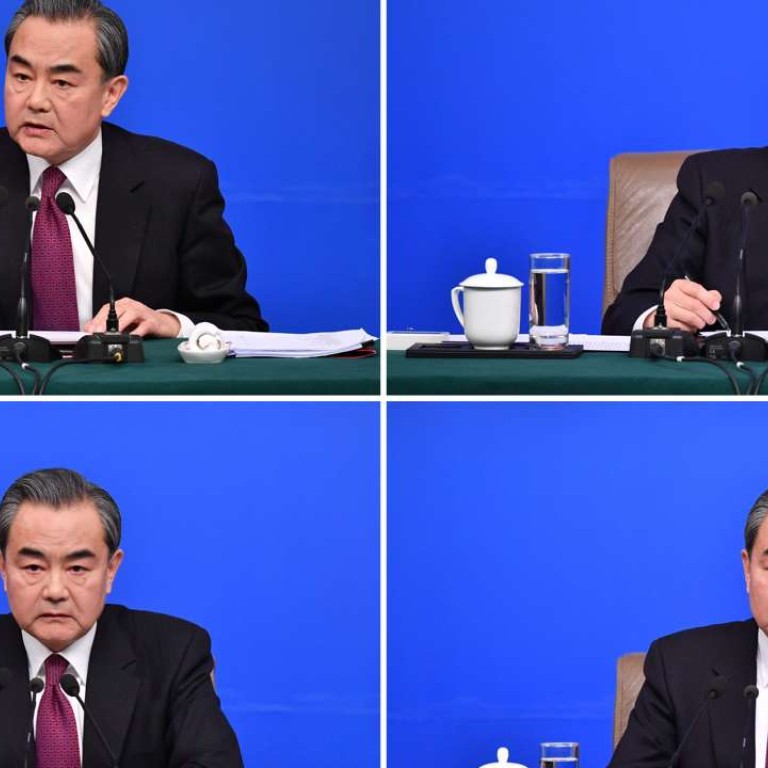
Xi-Trump meeting, Saudi king’s visit, THAAD and the South China Sea ... what China’s foreign minister said
We sum up the key takeaways from Chinese Foreign Minister Wang Yi’s press conference in Beijing on Wednesday, on the sidelines of the “two sessions” annual plenary meetings.
Sino-US relations
During the question-and-answer segment of his annual press conference, Wang was asked whether President Xi Jinping would visit the United States this year.
“There will be good news this year,” Wang replied.
Earlier in the morning, Wang had said China and the US were in talks to arrange a meeting between Xi and US President Donald Trump.
“We (Beijing and Washington) are having fruitful communication in realising exchanges between our two presidents as well as on all other levels,” he said.
The foreign minister said last month’s phone call between the two heads of state had paved the way for stable ties. He urged both nations to overcome their differences and the “zero sum” mindset, and to look towards building a “mature” relationship.
“Our interests are closely interwined ... It is impossible to build one’s success at the expense of the other,” he said.
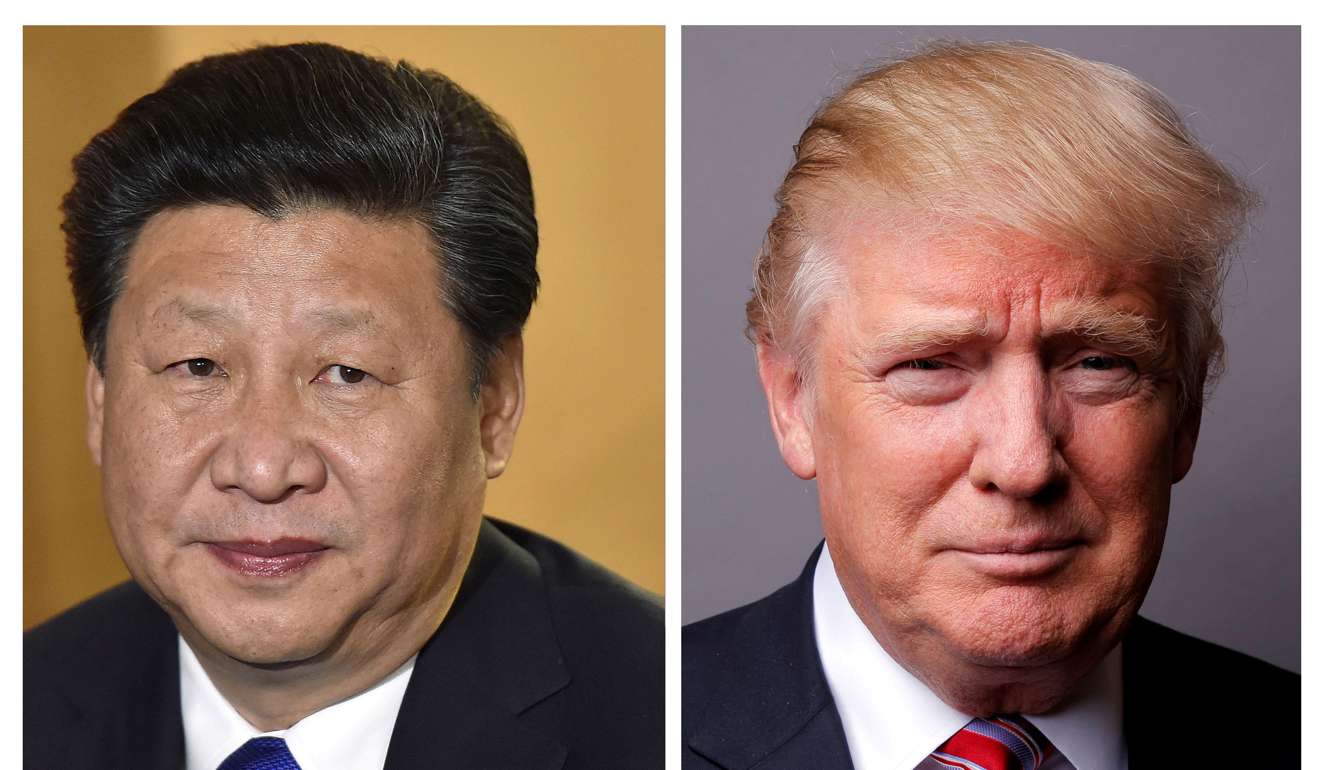
Meanwhile, Washington confirmed that US Secretary of State Rex Tillerson would visit Beijing for two days from 18 March. He is expected to meet Xi and discuss issues of importance between the two nations over the next four years.
At his press conference in Beijing, Wang praised Tillerson, whom he met at the G20 foreign minister’s meeting last month.
Tillerson was a good “listener and communicator”, the foreign minister said, adding that he hoped and believed he and Tillerson could build a good working relationship.
”We hope China and the United States can truly rise above old ideas, open up new horizons [and] build a more robust and mature relationship as it (bilateral ties) turns 40, so that we can put the minds of our people and the whole world at peace,” Wang said.
This year is the 40th anniversary of diplomatic ties between China and the US.
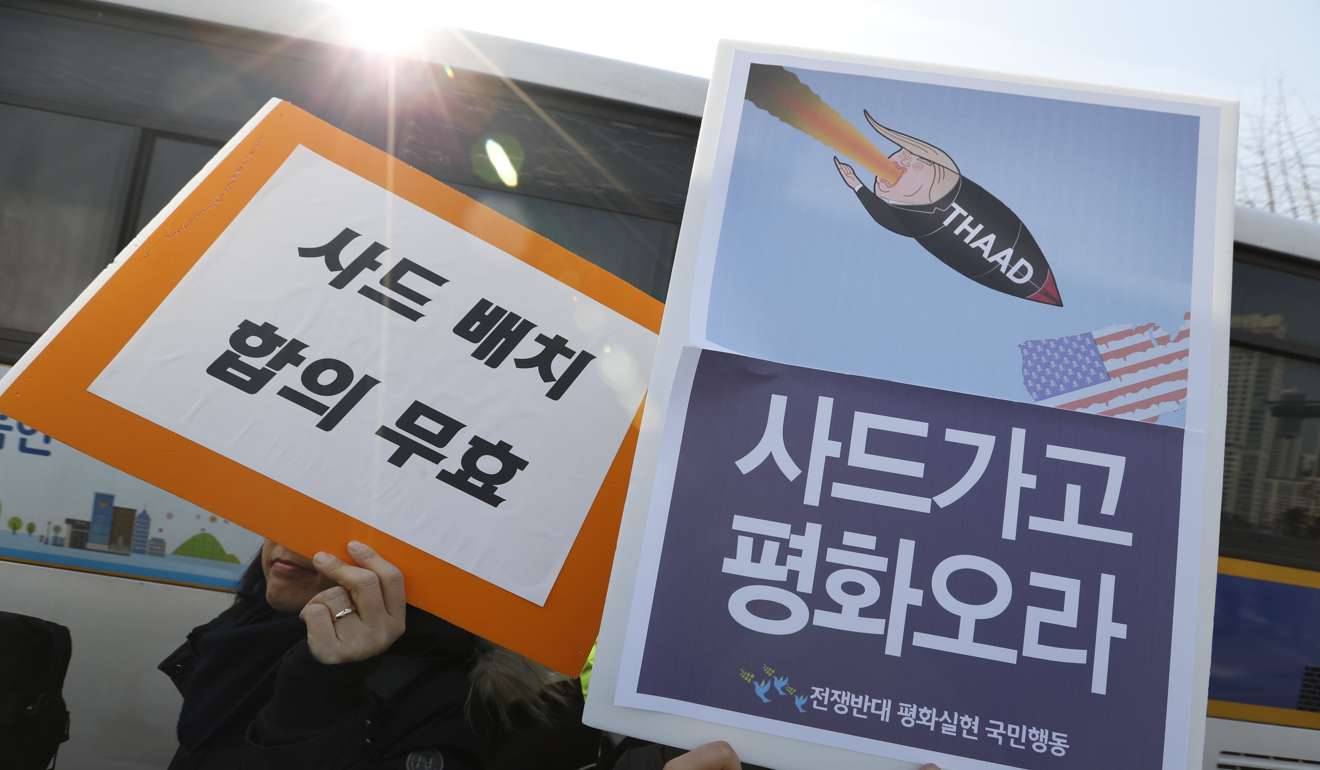
Korean Peninsula
Wang blamed both North Korea’s pursuit of its missile and nuclear programme and the US-led alliance’s military drills for the escalation of tensions in the Korean Peninsula.
Watch: US deploys THAAD to South Korea
He called on both sides to show restraint to avoid a full-fledged crisis.
The Korean Peninsula situation was “like two accelerating trains coming towards each other with neither side willing to give way”.
“The question is: Are the two sides really ready for a head-on collision?” Wang told reporters. “Our priority now is to flash the red light and apply the brakes on both trains.
North Korea’s recent missile tests “ignored opposition from international community” and the joint military exercises by the United States and South Korea had significantly added pressure on Pyongyang, he said.
Wang said Pyongyang should suspend its missile and nuclear activities while the US and South Korea must halt their large-scale drills.
“Nuclear weapons will not bring security. The use of force will bring no solution,” he said, adding that the tensions could be eased by “addressing the parties’ concerns in a reciprocal manner”.
He also reiterated Beijing’s calls to start talks between North Korea, the US and other relevant parties.
Wang warned South Korea to “cease on the brink of the precipice” and stop the deployment of the US anti-missile system THAAD.
The warning came after media reports on Tuesday that some equipment for the Terminal High Altitude Area Defence (THAAD) system had been delivered from the US to South Korea.
Wang said the THAAD monitoring and early warning radars reached far beyond the Korean Peninsula and “undermines China’s strategic security”.
“It may very well make [South Korea] less secure,” Wang said. “We strongly advice the ROK (Republic of Korea) not to pursue this course of action. Otherwise they will only end up hurting themselves and others.”
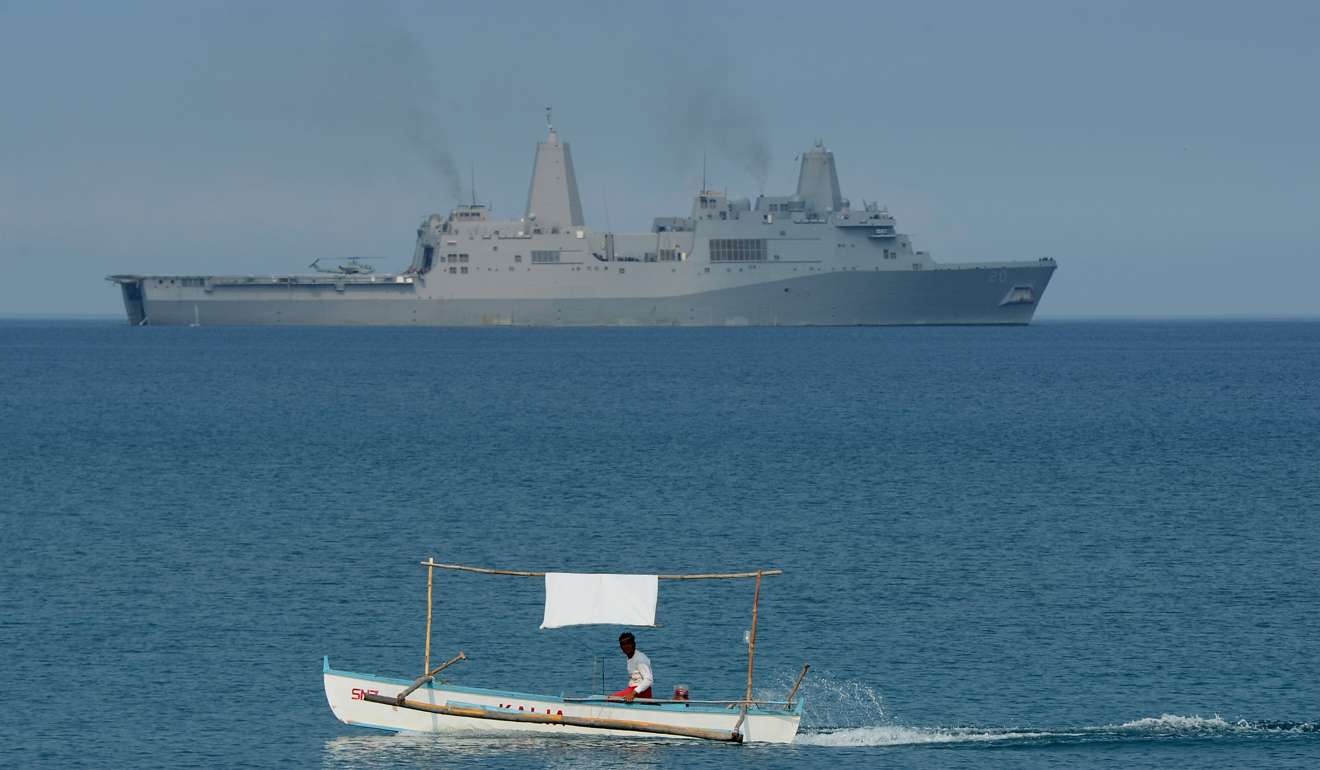
South China Sea
Wang said the situation on the South China Sea had calmed “visibly” since the international court ruling on the long-standing maritime dispute in July.
He said Beijing and its neighbours of the 10-member Association of Southeast Asian Nations (Asean) had made headway in their talks over a long-overdue code of conduct. The draft framework had been completed recently, he added.
The Chinese foreign minister also warned against Washington’s repeated freedom of navigation operations amid concerns over Trump’s recent announcement of a significant increase in the US defence budget.
“If someone is still trying to make waves [in the South China Sea], they will have no support and will meet oppositions from all parties,” Wang said, without naming the US.
Beijing would not allow disruption of the peace and stability in the South China Sea, he added.
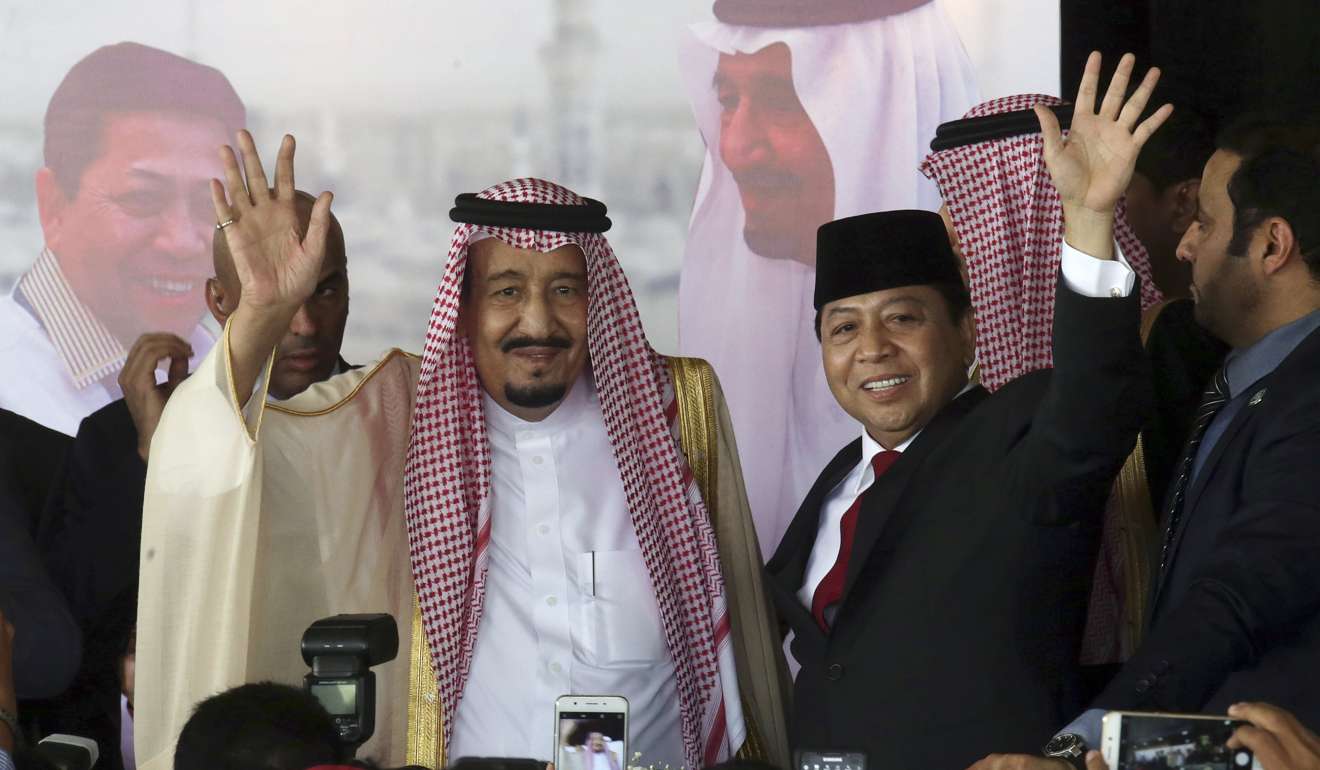
China visit by the Saudi King
Wang said China welcomed the imminent visit of King Salman bin Abdulaziz al Saud of Saudi Arabia and wanted to play a “necessary role” in the Middle East peace process.
Fighting terrorism, pursuing political resolutions and keeping the United Nations at the driver’s seat were three indispensable principles that must be held on to as the Middle East situation reached a critical crossroad, he said.
“There are both risks to worse turbulence but also hopes for peace,” Wang said.
The foreign minister said the Iran nuclear deal was an example of political resolution to disputes that should be well implemented, and that Beijing would like to mediate for the resumption of peace talks between Palestine and Israel.
Wang also said China hoped Saudi Arabia and Iran could solve their problems through equal and friendly consultations.
“As a common friend to both sides, China is willing to play a necessary role if needed,” he said.
Brexit
On Brexit, Wang said China would continue to support European integration even after Britain left the European Union. Beijing would like to see a more united, stable and prosperous EU, he said.
“We believe the challenges confronting the EU could be an opportunity for the Union to become more mature,” Wang said. “We value the strategic importance and role of Europe.”


